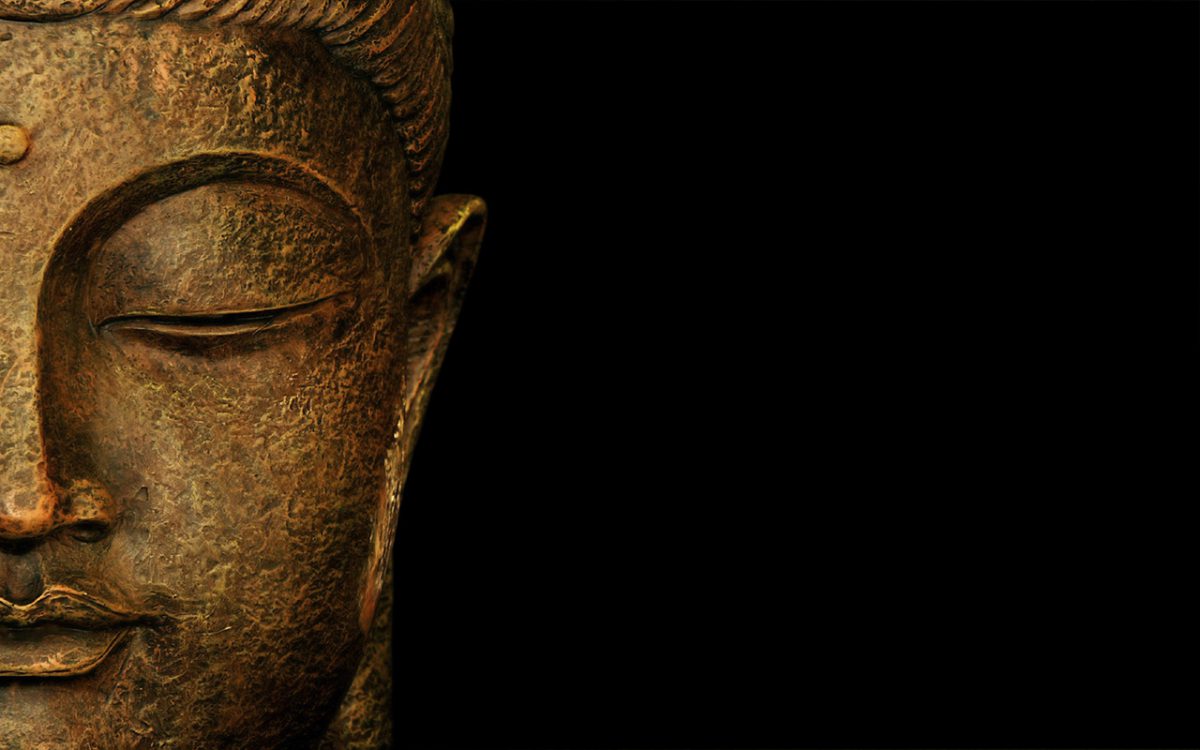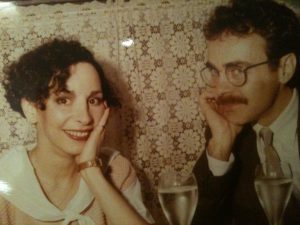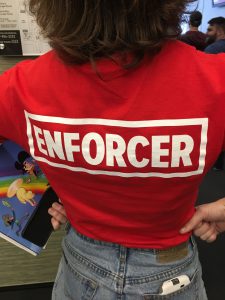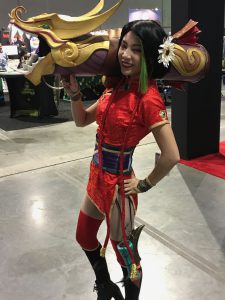I found the Mail to Self app a year and a half ago. It is genius in its simplicity and productivity. At the same time maniacal in the burden of its output. It is my mini me news feed.
The app is added to your phone. You enter an email address into the app. After that when you swipe up or go to share a web page, article, etc. there is a button for Mail to Self. Just tap it and whoosh you got the article URL etc. in your inbox. The workflow is this. I will keep looking at my news feed, my papers, my sites, etc. and just mail to self to read later. Not so fast. My inbox is filled and I am not reading later cuz I got the attention span of a gnat
To repair the gnat in me I am going to post twice a week some of the articles I mailed to self. This is a way to share them with my non/imaginary readers and to force me to achieve inbox zero.
Parting Shot
Angela Chen writing for the The Paris Review examines the ‘the words that bookend a life.’ Specifically she examines the West’s concept of famous last words and East where premeditated death poems (jisei) are a long tradition.
Chen points that from the start the last words of Jesus on the cross opened the entire exercise where during the Enlightenment one and all were excepted to offer up brilliance and insight minutes prior to dying.
This was in direct counter point to the Japanese. Elderly samurai and those in the upper class were spurred to compose death poem that would be shared for criticism and input. If you ask about the fear of sudden death in the Japan.
“…Narushima Chuhachiro, who started drafting death poems at fifty lest he die unprepared. Chuhachiro sent this one to his poetry teacher: “For eighty years and more, by the grace of my sovereign / and my parents, I have lived / with a tranquil heart / between the flowers and the moon.” The teacher’s response: “When you reach age ninety, correct the first line.”
Donna was in hospice for her last 18 days. I would be there daily and at night. One of the attending on the staff said that to be present at the time of death is rare. I wanted to be there less for this last words but so she would not be alone. I was home walking the dog and got a call to hurry back. The cab driver went the wrong way and I was not there for her last words or otherwise. Here is a podcast about Hospice and Beyond.
As I read Chen’s article and consider last words vs. death poems I lean toward the poem. I see my blog as my death poems albeit long form. Though I would think of it in terms of a meandering suicide note.
Parting Shots is a short article but one we may all want to consider. Either rehearse our closing act or start thinking about how we want to be remembered. I am guessing that what is left on the Internet is what will be remembered. So save wisely.
How to Find Meaning in the Face of Death
Emily Esfahani Smith writing in the The Atlantic from her book The Power of Meaning reviews the work of psychiatrist William Breitbart chairman of the Department of Psychiatry and Behavioral Sciences at Memorial Sloan Kettering. The question on top of mind when given a diagnosis of terminal illness is less about when I will die or how much pain, it is about what makes life meaningful? “Meaning that cannot be destroyed by death.”
Esfahani Smith presents recent data addressing that meaningful lives are demonstrated because of three factors, my existence is valued by others, I am driven by a sense of purpose or important life goals, and I see my path to this point as coherent and integrated. Though as I review my writings there is a struggle to find meaning and purpose.
“Psychologists and philosophers say that the path to meaning lies in connecting and contributing to something that is bigger than the self, like family, country, or God.”
Breitbart wanted to help patients build meaning and reduce suicidal ideation. His work was to create and eight session group therapy program of six to eight cancer patients. Each session was structured around set questions that the group were asked. In the first session participants were asked about moments or experiences that were meaningful. In the second session patients responded to who am I. In the final session they were asked to what part of them would going on living after death.
Breitbart went on to perform three randomized, controlled experiments on meaning centered psychotherapy. His results found this work was transformative, patients attitudes toward life and death changed with less hopelessness and anxious about death. Spiritual wellbeing improved.
Breitbart comments that the time between diagnosis and death is an opportunity for “extraordinary growth”.
Two observations from my world. After Donna died the entire world I lived in lost most of its meaning and purpose. Most of that loss is directly related to Donna but a lot of is to do with my failure to find work or find what I wanted. I live with the sense this is the end I have had all the meaning and purpose in my life. My friend Scott writes about this top at Age Spots Blog so hop over and take a look. Right now I vacillate between oh fuck to there is something here to find and uncover.
My second thought is that Breitbart is right, there is extraordinary growth between dx and death particularly when you are a caregiver for someone dying. And that growth extends well beyond the death though the experience of grief and the role it plays in knowledge acquisition and understanding of ones emotions and life.
A bonus link in the article is here, it is a “Meaning in Life as Comprehension, Purpose, and Mattering: Toward Integration and New Research Questions” A long details examination of this question by psychologists. Enjoy
Judging my grief? Move on…
This article is well outside my usual link and opinion. This was from a The Tribune India which is one I do not normally or ever read. Second the opinion here is 180 degrees opposite of my thoughts on closure.
Closure is indifference. It is denial said pretty. I subscribe that grief and loss can be a window into our loved ones, ourselves, and the world at large. This is from a Poem Unconditional by Jennifer Welwood and captures my thoughts on closure.
I find fullness without end.
Get Vaid writing in the The Tribune captures a societal view of grief that I had not considered.
“Oh, she is fine. She is moving on in life already,” the thinly veiled ‘judgment’ pierced through my ears as I heard someone at work talk about a friend’s widow handling her recent bereavement.”
We all grieve differently. Those of us who grieve know full well the reality of our grief and the importance to not judge others grief. Vaid is addressing the inverse of what I have witnessed the well meaning friends or family members who say it is time to move on. Date someone as if dating is a cure for loss. This article and discussion is about how people set standards for grief and expect you to live up to it, their standards.
The bigger issue here is that we must allow those to are grieving to do so at their pace and way. Only if the grieving becomes pathological and complicated then should we help them find support.
“Moving on is not a stigma or blasphemy, life moves on.”



















